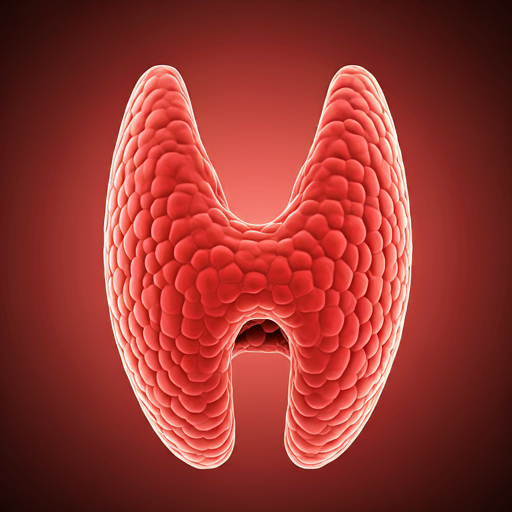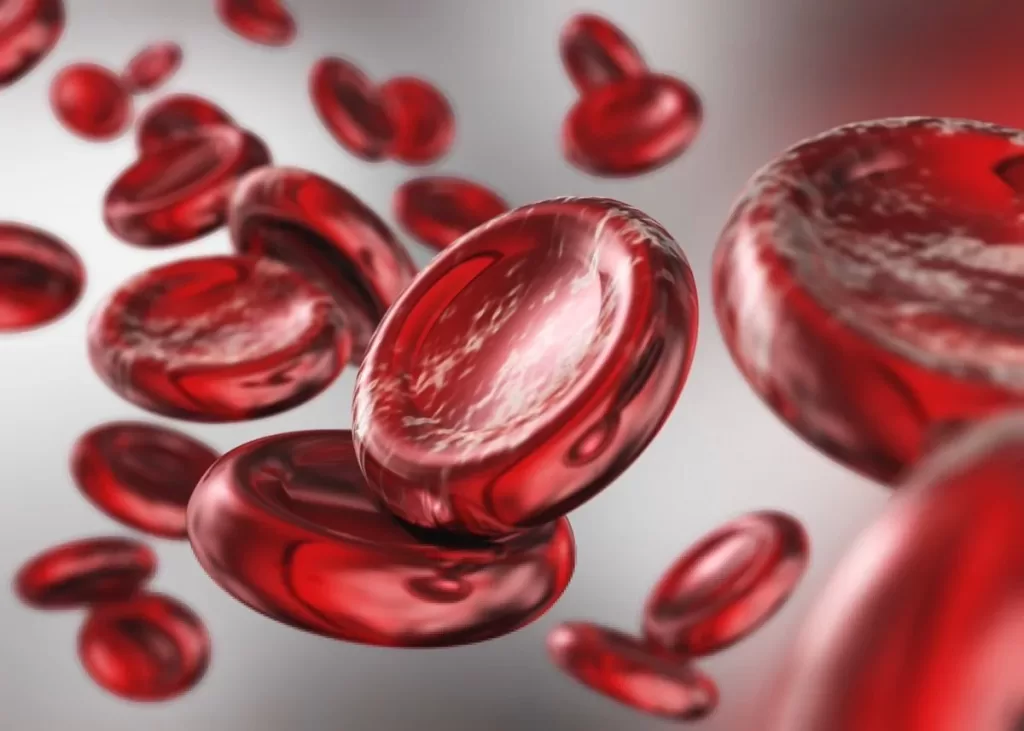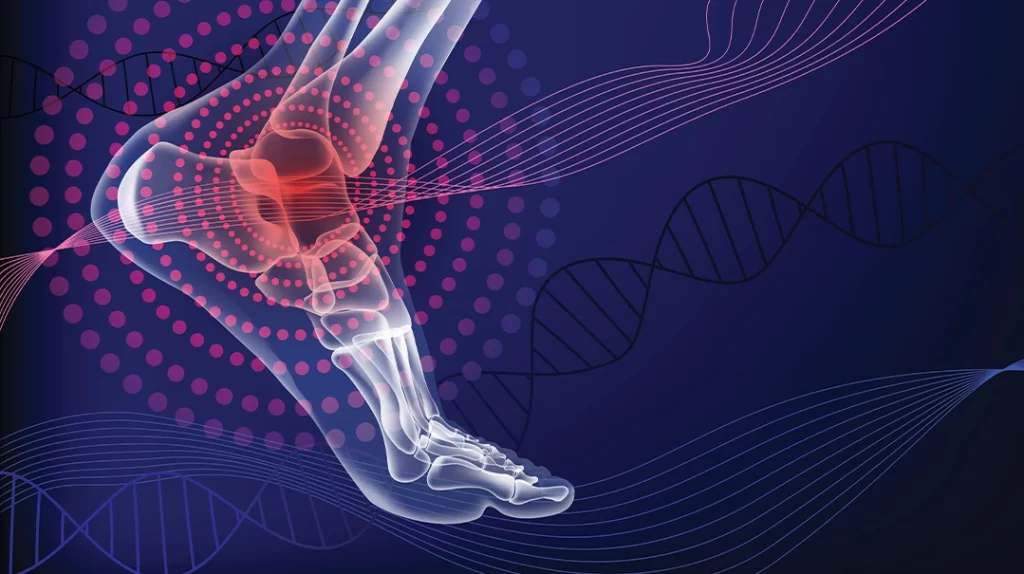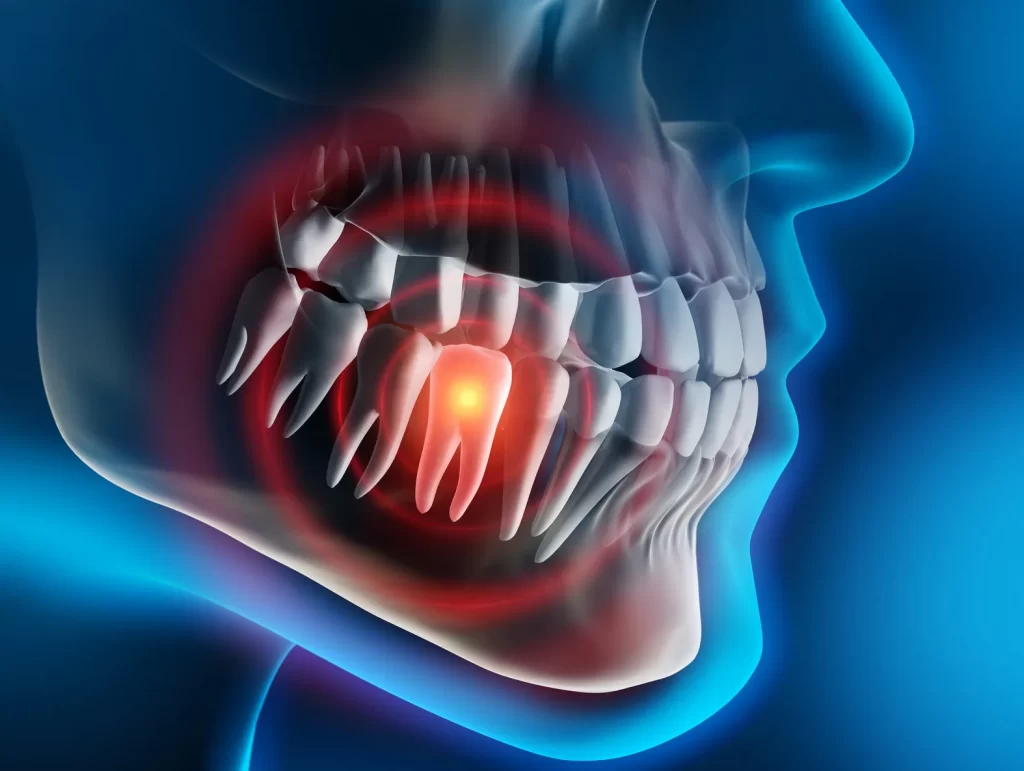Hyperthyroidism, also known as thyrotoxicosis, is a condition where the thyroid gland becomes overactive.
This small, butterfly-shaped gland, located in the front of the neck, regulates vital bodily functions like metabolism, heart rate, and body temperature.
When it produces excessive hormones, it can lead to symptoms of hyperthyroidism in females and males.
However, women are ten times more likely to be affected by this condition than men.
Physical Signs of Overactive Thyroid
Symptoms of hyperthyroidism in females may include:
- Goiter: The thyroid gland becomes swollen and appears as a lump on the neck.
- Bulging eyes: Hyperthyroidism causes bulging and red eyes.
- Accelerated heart rate: feeling of palpitations.
- Hand tremors: are a common sign of hyperthyroidism.
- Increased sweating: even in moderate climates.
- Weight loss: is not justified.
- Changes in bowel movement: frequent bowel movements, or diarrhea.
- Changes in menstruation: where menstrual bleeding decreases or stops completely.
- Skin changes: where it becomes warm, moist and red.
- Hair loss: is a common symptom of hyperthyroidism. (Doubleday & Sippel , 2020)
Menstrual Irregularities and Hyperthyroidism
Symptoms of hyperthyroidism in females causes obvious disturbances in the menstrual cycle, manifested by heavy, light, or irregular periods as following:
Missed periods: This is because increased thyroid activity affects the ovulation process, preventing it from occurring or delaying it in some cases.
Light bleeding: another sign of hyperthyroidism due to the influence of the body’s hormones.
Severe bleeding: one of the symptoms that can be caused by a hormonal disorder resulting from hyperthyroidism.
Amenorrhea: This means the menstrual cycle stops completely.
Emotional and Mental Health Symptoms
Hyperthyroidism has negative effects on mood and mental health and appears in the form of symptoms such as the following:
- Feeling anxious and nervous: Feeling stressed, anxious, and having difficulty relaxing.
- Irritability and mood swings: The patient becomes irritable and gets very emotional about trivial matters.
- Difficulty concentrating: Inability to complete tasks or maintain focus on something for long periods.
Skin, Hair, and Weight Changes
Hyperthyroidism has clear and undesirable effects on the skin, hair, and weight that appear as follows:
Skin changes:
- Warm, moist skin: Your skin appears warmer and hydrated than usual.
- Redness and glow of the skin: or facial flushing due to increased blood flow.
Hair changes:
- Hair loss: Hyperthyroidism causes hair loss, especially on the scalp.
- Thin, brittle hair: Your hair becomes finer and more brittle.
Weight changes
Unexplained weight loss: patient suffers from weight loss, although her appetite and diet have not changed, and her appetite may have increased more than before.
This is due to increased metabolic rates due to hyperthyroidism.
Causes of hyperthyroidism

The most common reasons include:
Graves’ disease: It is an autoimmune disease that affects the thyroid gland, where the body’s cells attack the gland’s cells, causing disorders. It represents four out of every five cases of the disease.
lumps (nodules) on the thyroid: These nodes consist of extra thyroid tissue that secretes thyroid hormones, causing their concentration in the body to increase.
Some types of medications: such as amiodarone, which is used to treat heart arrhythmia.
Thyroiditis: or inflammation of the thyroid gland, which can lead to a temporary increase in its production of hormones.
Consuming excess iodine: Taking it through food or medication can increase the levels of thyroid hormones.
TSH-releasing pituitary adenoma (thyrotropinoma): This is a problem that causes the pituitary gland to produce more of the hormone that stimulates the work of the thyroid gland.
Diagnostic Steps for Hyperthyroidism
Diagnosis of hyperthyroidism includes a set of tests, including medical history, laboratory tests, and a physical examination of the patient.
This is all done as follows:
Medical History and Physical Exam:
- Patient history: This includes asking the patient about symptoms such as anxiety, nervousness, and menstrual problems.
- Family history: The doctor will also ask if any of your family members had or are still suffering from thyroid problems.
- Physical examination: This includes examining gland enlargement, heart rate, and the condition of the skin and hair.
Blood Test:
Thyroid hormones levels: Blood tests will measure levels of thyroid hormones, including T3 (triiodothyronine) and T4 (thyroxine). These levels are usually high in cases of hyperthyroidism.
Thyroid stimulating hormone test: TSH is a hormone produced by the pituitary gland that regulates thyroid function. In cases of hyperthyroidism, TSH levels are usually low.
Thyroid antibodies: To detect autoimmune diseases that affect the thyroid gland, such as Graves’ disease, which is one of the common causes of hyperthyroidism. (Kravets, 2016)
Treatment of hyperthyroidism
Hyperthyroidism can be treated in most cases through one of the following therapeutic methods appropriate to the circumstances of the condition:
- Drug treatment: to reduce the thyroid gland’s production of hormones.
- Radioactive iodine treatment: to kill a percentage of thyroid cells and reduce their production of hormones.
- Surgical treatment: This involves removing parts of the thyroid gland, as its production of hormones decreases.
The endocrinologist is able to determine the appropriate type of treatment for each case after conducting the necessary examinations.
Read Also: Female Pain in Middle of Chest
What happens if treatment for hyperthyroidism is neglected?
If treatment of hyperthyroidism is neglected, the patient may develop serious complications, the most important of which are:
- Congestive heart failure.
- Atrial fibrillation (Afib).
- Ischemic stroke.
- Osteoporosis.
- Infertility.
One of the most serious, life-threatening complications of hyperthyroidism that requires urgent medical care is what is known as (thyroid crisis or thyrotoxic crisis), which is a rare condition in which very large amounts of thyroid hormones are released at one time, causing great risks to the patient’s life.
What foods should you avoid in cases of hyperthyroidism?
You should refrain from eating foods rich in iodine, the most important of which are:
- fish.
- Seaweed.
- crayfish.
- Sushi.
- Shrimp.
- Milk and its derivatives.
- Eggs.
- Iodized salt.
The doctor will provide you with sufficient information about the appropriate diet that you should follow to manage the disease and improve symptoms.
Because of all of the above, you must pay attention to conducting the necessary tests and following up on your condition with a specialist doctor when you feel any of the symptoms of hyperthyroidism in females to ensure your safety.
Related: Hypothyroidism Symptoms in Females
References
Doubleday , A. R., & Sippel , R. S. (2020). Hyperthyroidism . PubMed.
Kravets, I. (2016). Hyperthyroidism: Diagnosis and Treatment . PubMed.








